Kilpatrick, Heather (1908-2000)
Born in Revelstoke, Heather moved to Vancouver with her family in 1923. She graduated from UBC with her BA in 1928, and from VGH in nursing in 1930. The next year she received her BASc in nursing and the BC Government Award in Public Health Nursing. Following graduation, she was staff nurse, later supervisor at the Cowichan Health Centre. From 1937 to 1939 she attended the University of Toronto, where she was awarded a Masters in Public Health Nursing.
As BC’s first Director of Public Health Nursing, she enhanced public health through such activities as preschool immunization programs and well-baby clinics. Her monthly newsletter, Public Health Nursing, fostered collegiality and communication among nurses.
In 1945 she joined the United Nations Relief and Rehabilitation Administration and was stationed in Greece. On her return the next year she was appointed nurse-in-charge of the Outpatient Department at Shaughnessy Hospital 1946-1971. In her retirement she continued her love of sewing, creating treasured handicrafts for family members and supported many charities.
Contents of Biographical File
- Nomination to the RNABC Memorial Book
- Four photographs from her niece.
- Funeral service program with biography
- Obituary, Trek, Spring 2001, p. 53.
- High ‘UNRRA’ Posts for Four VGH Graduates
- Photocopied photographs
- two photographs
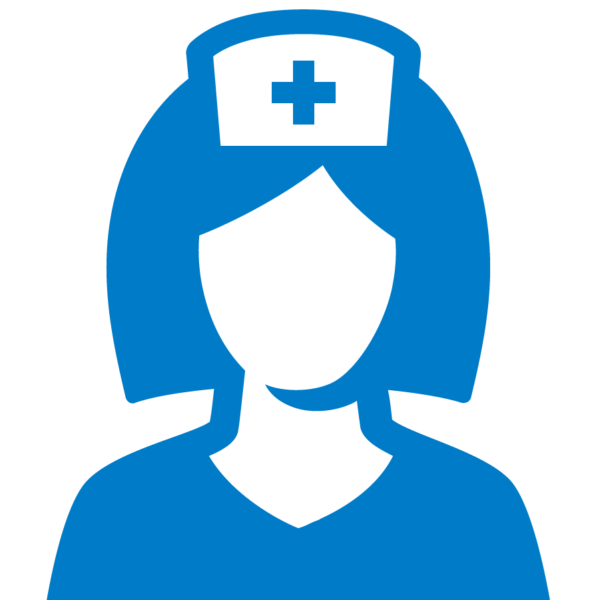 Jackson (nee Turner), Marilyn (1933-2000)
Jackson (nee Turner), Marilyn (1933-2000)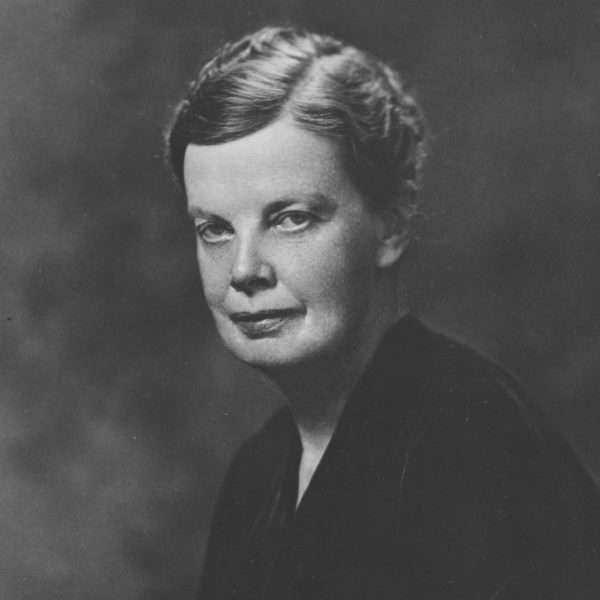 Ethel Johns (1879-1968)
Ethel Johns (1879-1968)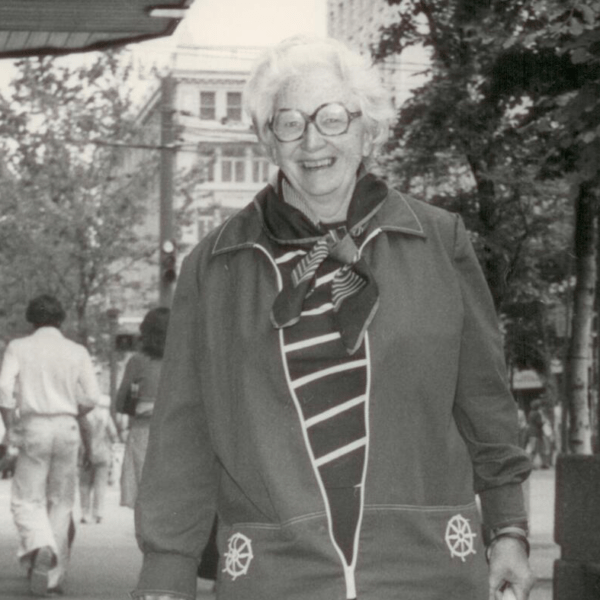 Catherine Renee Jensen (1914-2004)
Catherine Renee Jensen (1914-2004)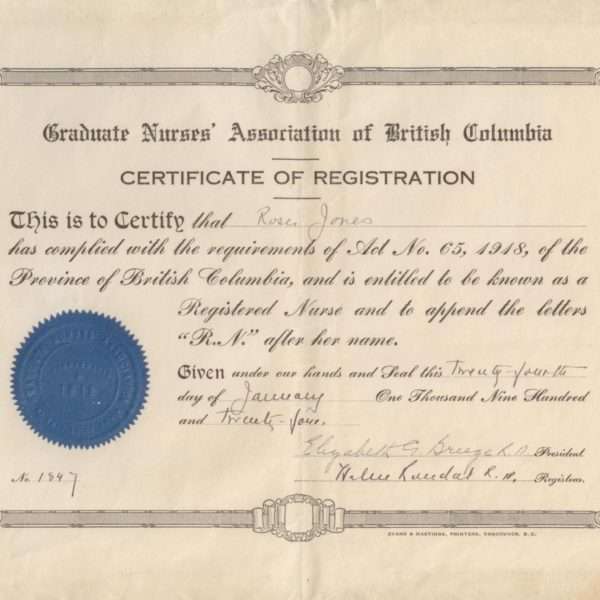 Rose Jones (ca. 1900 –
Rose Jones (ca. 1900 –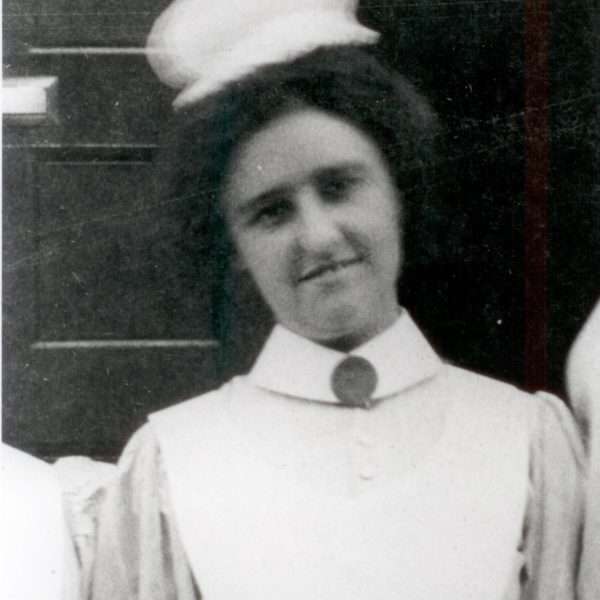 Margaret Johnson 1871 – 1929
Margaret Johnson 1871 – 1929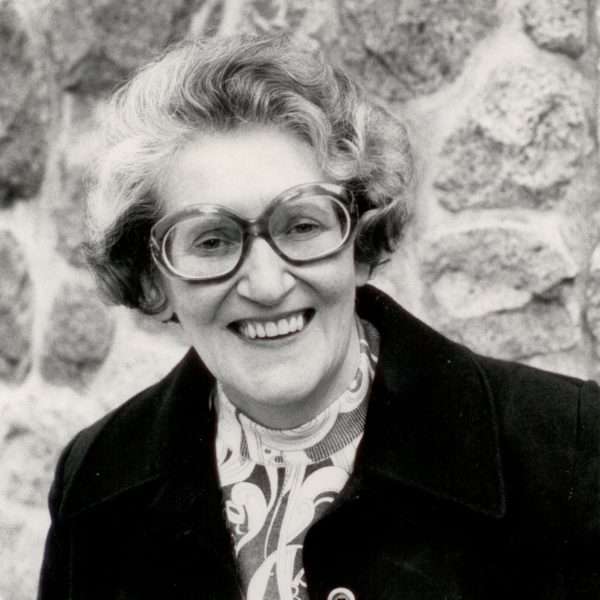 Eleanor Kunderman (1921-
Eleanor Kunderman (1921-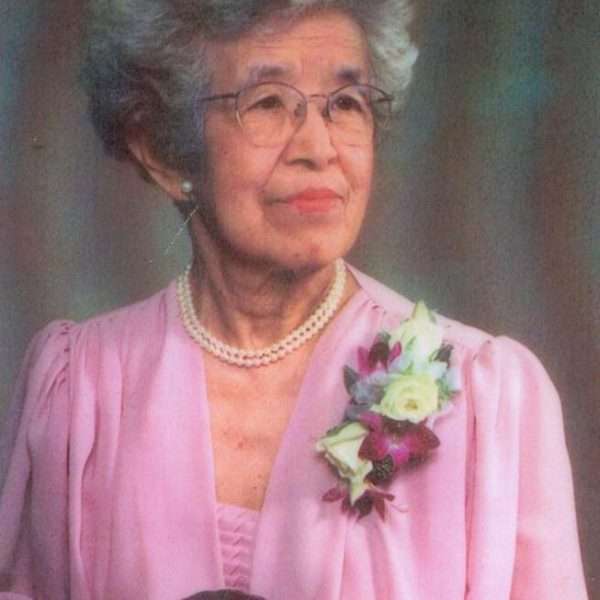 May Komiyama (1922-2014)
May Komiyama (1922-2014)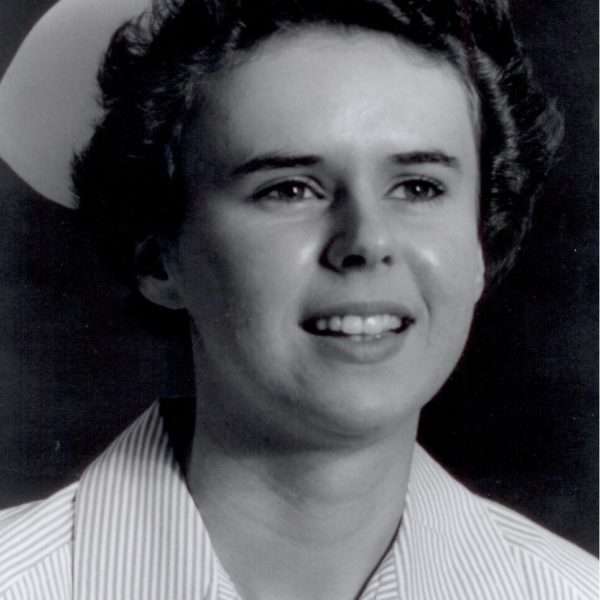 Elinor Knudson (1946-
Elinor Knudson (1946-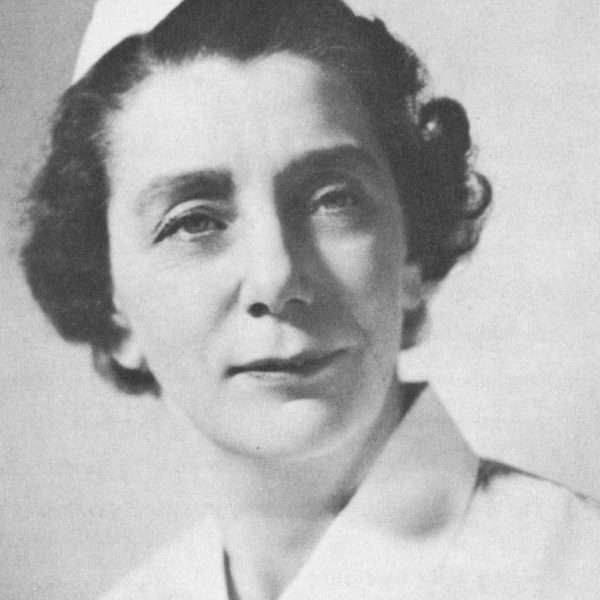 Helen King (1901-1994)
Helen King (1901-1994)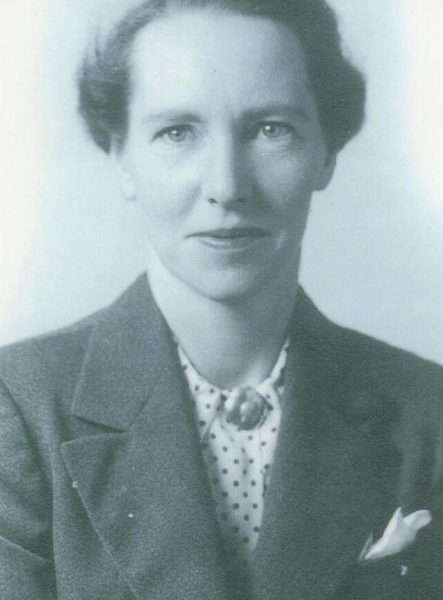 Heather Kilpatrick (1908-2000)
Heather Kilpatrick (1908-2000)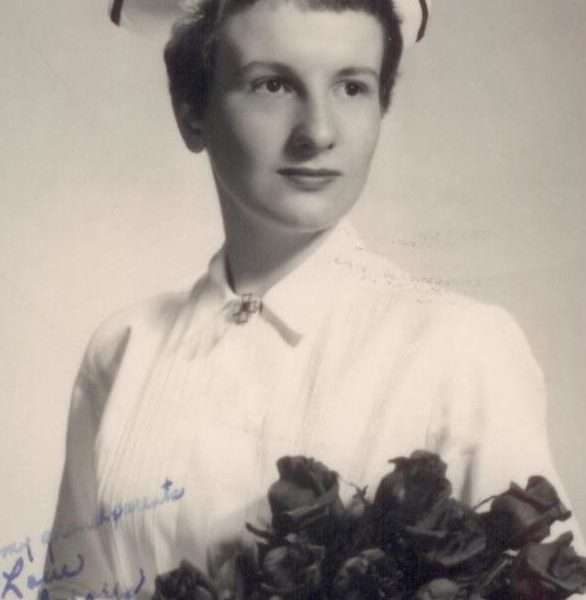 Dolores Kilpatrick (1938-2020)
Dolores Kilpatrick (1938-2020) Mary Kersey (1908-2007)
Mary Kersey (1908-2007)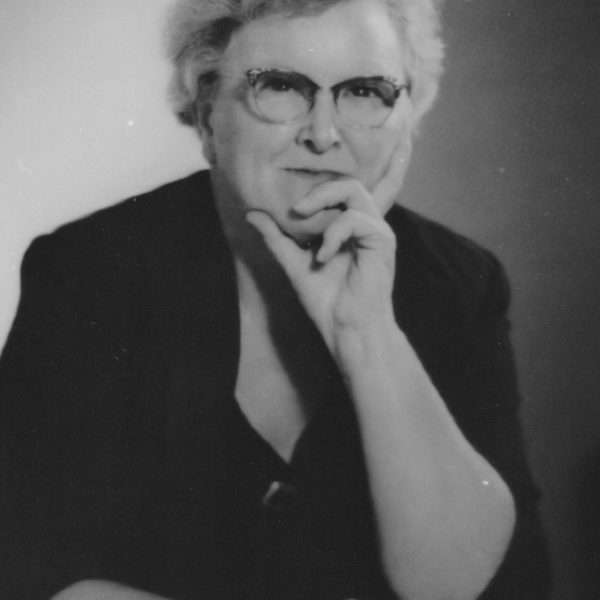 Margaret Kerr (1900-1976)
Margaret Kerr (1900-1976)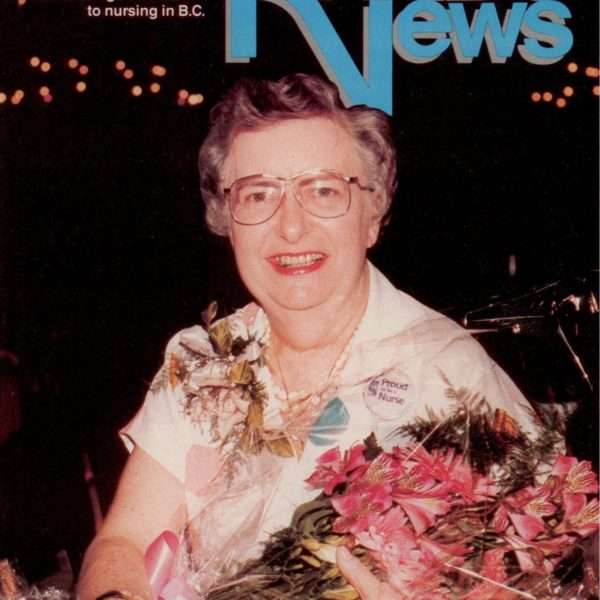 Dorothy Kergin (1928-1989)
Dorothy Kergin (1928-1989)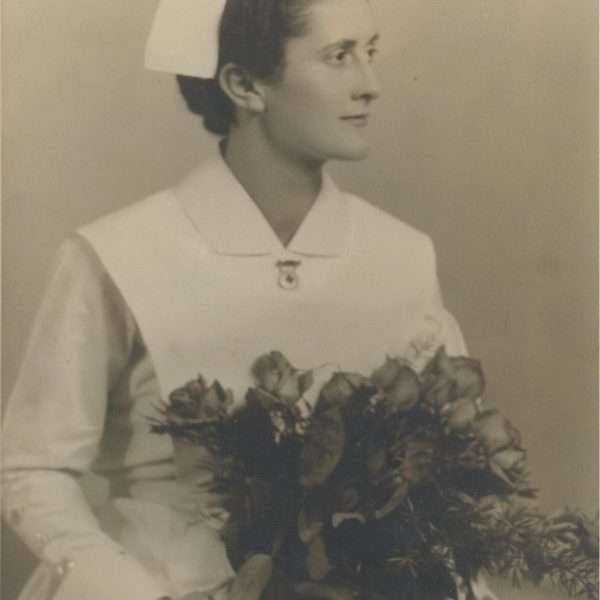 Nan Kennedy (1914-1996)
Nan Kennedy (1914-1996)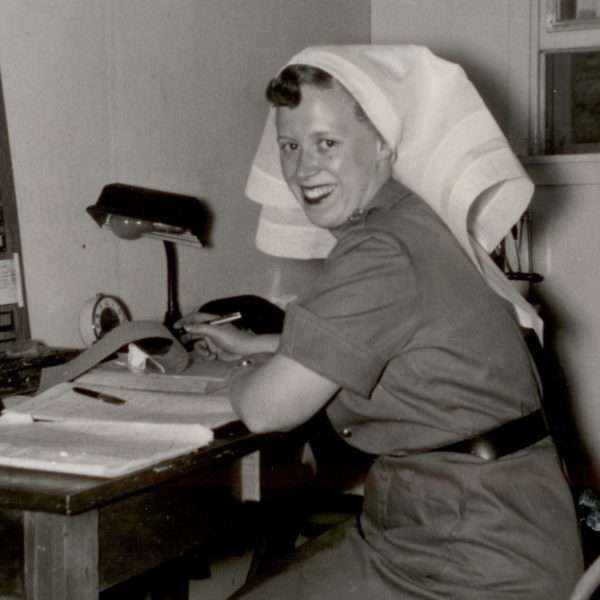 Shirley Kelly (1928-
Shirley Kelly (1928-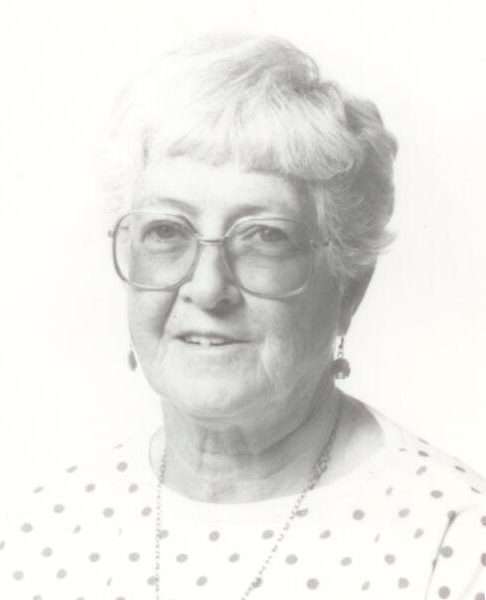 Keith, Catharine (1919-1993)
Keith, Catharine (1919-1993)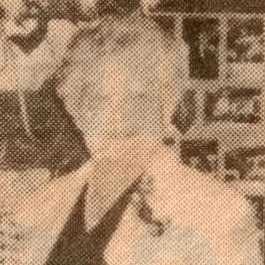 Ellen Keays (1916- 2009)
Ellen Keays (1916- 2009)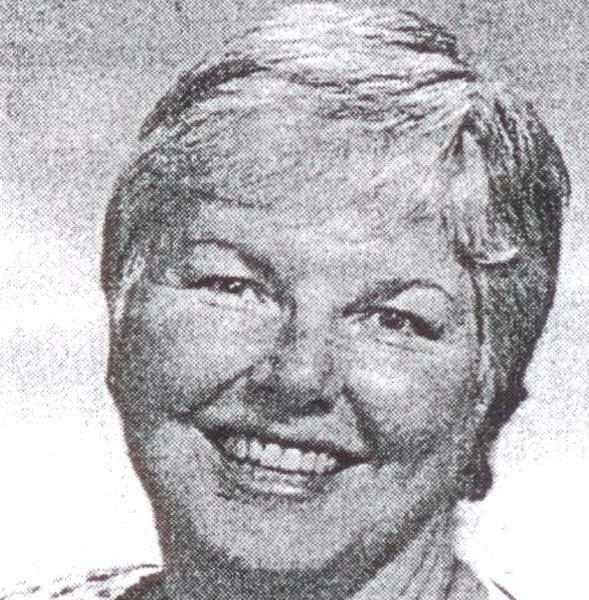 Gwendolynne Kavanagh (1945-2001)
Gwendolynne Kavanagh (1945-2001)
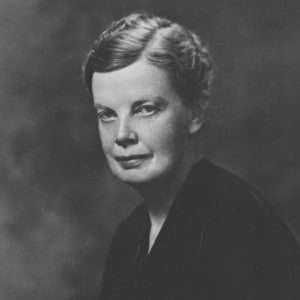 See also the Ethel Johns fonds in the UBC Archives
See also the Ethel Johns fonds in the UBC Archives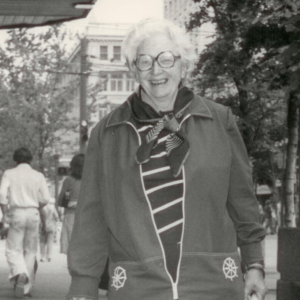 Because of her community activism, Catherine Jensen was known by many as the unofficial mayor of the West End (Vancouver). She opposed development proposals and rezoning, and was a key figure in removing the prostitute trade from the West End. Her efforts helped create the West End Community Centre and Gordon Neighbourhood House. She frequently expressed her views in the West End Times.
Because of her community activism, Catherine Jensen was known by many as the unofficial mayor of the West End (Vancouver). She opposed development proposals and rezoning, and was a key figure in removing the prostitute trade from the West End. Her efforts helped create the West End Community Centre and Gordon Neighbourhood House. She frequently expressed her views in the West End Times.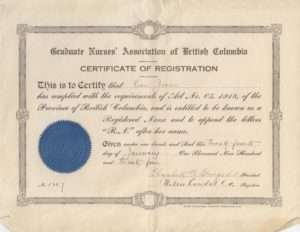 Rose was registered as a BC nurse in 1924 and was a member in good standing of the California State Nurses’ Association for 1926-27
Rose was registered as a BC nurse in 1924 and was a member in good standing of the California State Nurses’ Association for 1926-27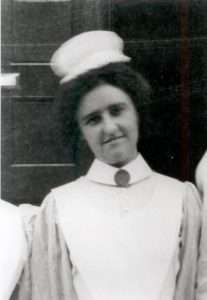 Margaret Johnstone was active in the Canadian National Association of Trained Nurses, serving on numerous committees and championing the elevation of standards for nurses and hospitals. She was a founding member of the BC Hospital Association in 1918, and active in the early days of the Canadian Hospital Association. She helped lay the foundations for the Survey of Nursing Education in Canada.
Margaret Johnstone was active in the Canadian National Association of Trained Nurses, serving on numerous committees and championing the elevation of standards for nurses and hospitals. She was a founding member of the BC Hospital Association in 1918, and active in the early days of the Canadian Hospital Association. She helped lay the foundations for the Survey of Nursing Education in Canada.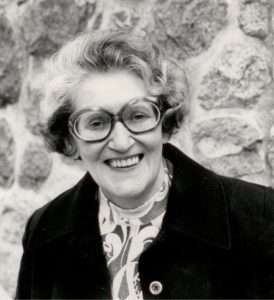 Eleanor took her initial nursing training at St. Paul’s Hospital, graduating in 1944 and later received her BSc from UBC and her MA from Columbia University. She worked mainly as an educator, first at St. Paul’s Hospital, and later for the RNABC, the Division of TB Control (Canada) and the New York Medical College (US).
Eleanor took her initial nursing training at St. Paul’s Hospital, graduating in 1944 and later received her BSc from UBC and her MA from Columbia University. She worked mainly as an educator, first at St. Paul’s Hospital, and later for the RNABC, the Division of TB Control (Canada) and the New York Medical College (US).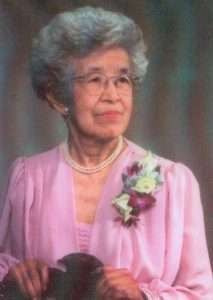 Although she suffered severe discrimination because of her Japanese ancestry, May’s Christian faith and personal values provided a basis for her positive vision of life. While her internment during WW II forced her to leave her nursing training at VGH, she was eventually one of two oriental girls accepted for training at Guelph General Hospital, graduating in 1946. She worked in the Public Health system in Toronto, and received a diploma in Public Health nursing (UofT) and, later, a BSN (UBC) in 1976 She retired from Holy Family Hospital in 1984 as the Assistant Director of Nursing. Her sister, Yasuko Yamazaki, graduated from VGH in 1938., received a diploma in PHN from UBC in 1939 and was the first Japanese public health nurse in Vancouver.
Although she suffered severe discrimination because of her Japanese ancestry, May’s Christian faith and personal values provided a basis for her positive vision of life. While her internment during WW II forced her to leave her nursing training at VGH, she was eventually one of two oriental girls accepted for training at Guelph General Hospital, graduating in 1946. She worked in the Public Health system in Toronto, and received a diploma in Public Health nursing (UofT) and, later, a BSN (UBC) in 1976 She retired from Holy Family Hospital in 1984 as the Assistant Director of Nursing. Her sister, Yasuko Yamazaki, graduated from VGH in 1938., received a diploma in PHN from UBC in 1939 and was the first Japanese public health nurse in Vancouver.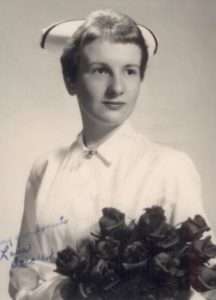 See Oral History Files, Fonds 18, Series 3, Subseries 8
See Oral History Files, Fonds 18, Series 3, Subseries 8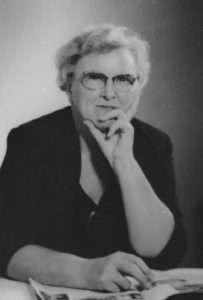 Margaret Kerr was born in Amherst, Ontario; after qualifying as a teacher in Vancouver she taught two years in Kaslo. She graduated from VGH in 1925 was one of the early graduates (in 1926) from the UBC nursing program. She was a school nurse for 2 years and with the support of a Rockefeller Foundation Scholarship she graduated with a Master of Arts from Columbia University in 1929. Subsequently she taught public health nursing for fourteen years at UBC. During these years, she was active in professional organizations.
Margaret Kerr was born in Amherst, Ontario; after qualifying as a teacher in Vancouver she taught two years in Kaslo. She graduated from VGH in 1925 was one of the early graduates (in 1926) from the UBC nursing program. She was a school nurse for 2 years and with the support of a Rockefeller Foundation Scholarship she graduated with a Master of Arts from Columbia University in 1929. Subsequently she taught public health nursing for fourteen years at UBC. During these years, she was active in professional organizations.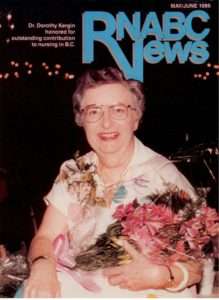
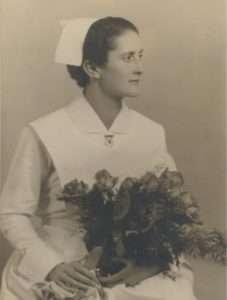
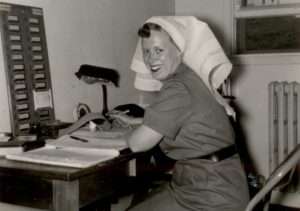 See Oral History Files, Fonds 18, Series 3, Subseries 8
See Oral History Files, Fonds 18, Series 3, Subseries 8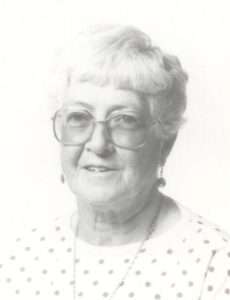 Catharine graduated from the Soldiers’ Memorial Hospital in Campbelton, New Brunswick, later receiving a Bachelor of Nursing from McGill University and a Master of Science and Certificate in nurse-midwifery from Columbia University. After a number of nursing positions in Eastern Canada, she worked for the federal Indian Health Service from 1950 to 1976, mostly in isolated northern regions. She describes her Quebec postings in Barochois and Fort George as most significant “in terms of my own professional growth, confidence and spirituality”.
Catharine graduated from the Soldiers’ Memorial Hospital in Campbelton, New Brunswick, later receiving a Bachelor of Nursing from McGill University and a Master of Science and Certificate in nurse-midwifery from Columbia University. After a number of nursing positions in Eastern Canada, she worked for the federal Indian Health Service from 1950 to 1976, mostly in isolated northern regions. She describes her Quebec postings in Barochois and Fort George as most significant “in terms of my own professional growth, confidence and spirituality”.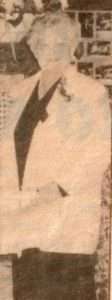 See Oral History Files, Fonds 18, Series 3, Subseries 8
See Oral History Files, Fonds 18, Series 3, Subseries 8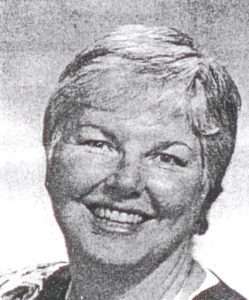 See Pages of History, Fonds 18, Series 3, Subseries 9, File 2
See Pages of History, Fonds 18, Series 3, Subseries 9, File 2